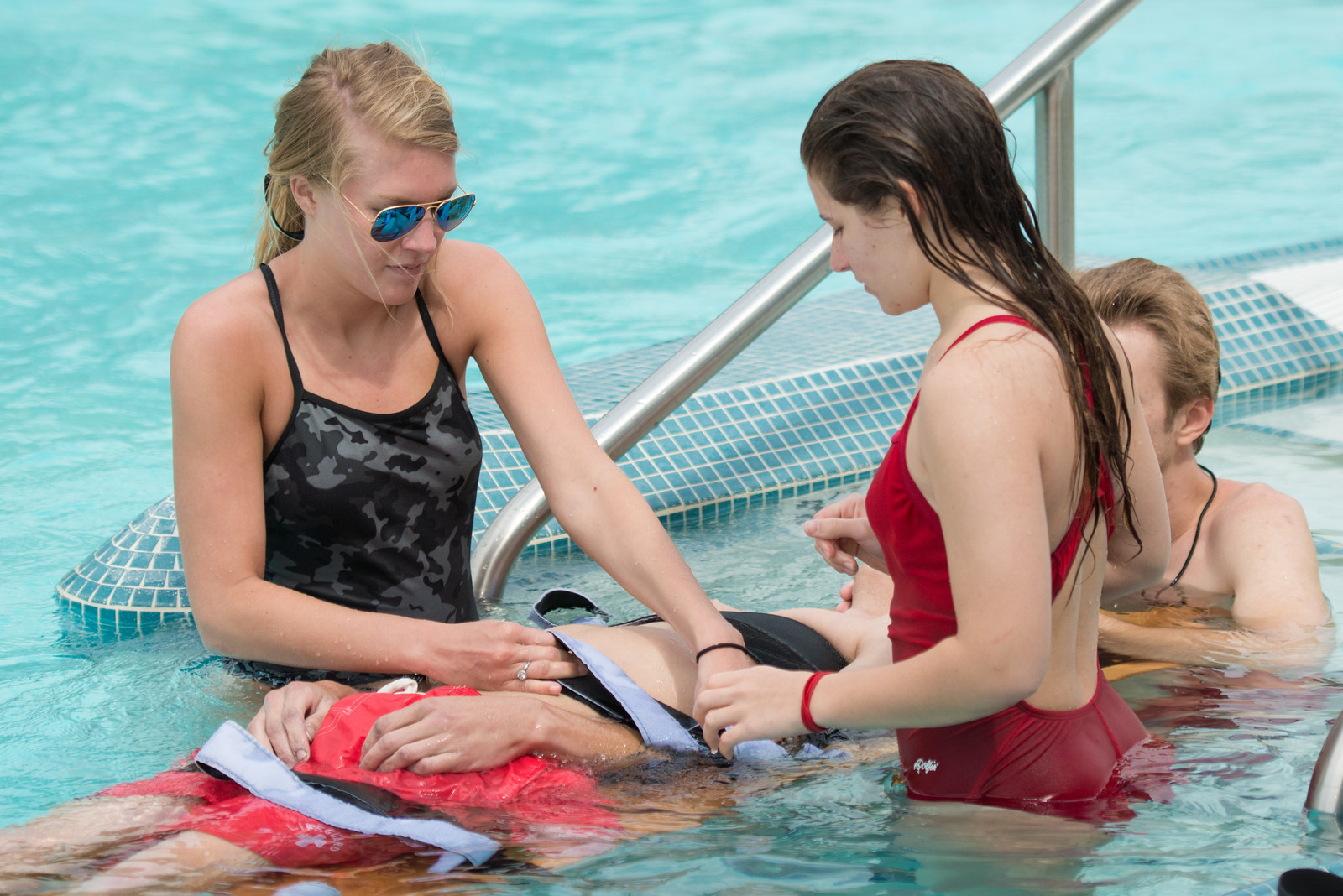Lifeguards are responsible for the safety and health of swimmers in the water. They must be able to demonstrate that they have the skills and knowledge to protect swimmers from drowning and other injuries, as well as recognize and report hazards or problems that could endanger a swimmer’s health.
Lifeguard recertification is an annual process, which requires each person who holds a lifeguard certificate to complete a certain number of hours of training each year. In order to be recertified, you need to pass a knowledge test, demonstrate your skills and demonstrate the ability to provide safe swimming conditions.
Lifeguard recertification is required of all lifeguards who work at a public swimming pool or wading area, and who are not employed by a pool operator. It is the responsibility of the lifeguard to determine if he/she has met the minimum requirements for recertification.
Who Must Recertify?
Any person, whether a member of the United States Coast Guard or not, who works at a public swimming pool or wading area, and who is not employed by a pool operator.
How Often Must Lifeguards Recertify?
Lifeguards are responsible for the safety of swimmers and surfers in public swimming pools, beaches and other bodies of water. Lifeguards must be recertified every year. The annual recertification process includes an on-site physical examination to assess a lifeguard’s health, a written exam, a physical test (called a “pool test”) and a swim test.
Lifeguards are required to maintain their certification by passing the annual pool test each year. The recertification process is designed to ensure that lifeguards are physically fit and mentally alert. It is an important part of the job to ensure that you are up to date with your training. This is especially important if you work in an area where people may be at risk.

If you are not updated on new legislation and safety guidelines it could put you and others at risk. The first step to recertification is to attend a training course, which will then lead to a re-certification test. There are many different levels of lifeguard certification available, depending on the area of the industry.
Lifeguard Recertification Is Important
Lifeguard recertification is important because it helps you stay current with the ever-changing rules and regulations for your industry. The National Association of State Boating Law Administrators (NASBLA) requires that lifeguards be recertified every two years to maintain their licenses. The NASBLA has a list of lifeguard recertification requirements on its website.
How Does The Recertification Process Work?
Every year, the lifeguards must undergo recertification. This is done to ensure that they have the right knowledge and skills for the job. It is also done to make sure that the people who are in charge of your safety, are certified as well.
The lifeguard certification is a very important part of being a lifeguard. Without the right certifications, you might not be able to perform certain tasks or even keep your job. You should always take recertification seriously because if you do not, then you will risk losing your job.
What Is The Importance Of Lifeguard Recertification?
The answer to this question is that there are many jobs out there in the market which need to be filled by the right person. But if you are not certified then you might end up not being hired or getting fired from your job. So, it’s a good idea to have your lifeguard certification renewed and updated so that you don’t face any issues when it comes to your job.
Final Words
Lifeguards are the eyes and ears of our beaches. They keep an eye on the water and are there to protect swimmers. The lifeguard is a part of our community that is there for us. Lifeguard recertification keeps the lifeguard up to date with the latest in beach safety and lifesaving.
The American Lifeguard Association (ALA) is training lifeguards for more than 30 years now and has some of the best lifeguard trainers and some of the best lifeguard certification and lifeguard recertification courses available. If you are looking to renew and update your lifeguard certification, please do not hesitate to contact us.

